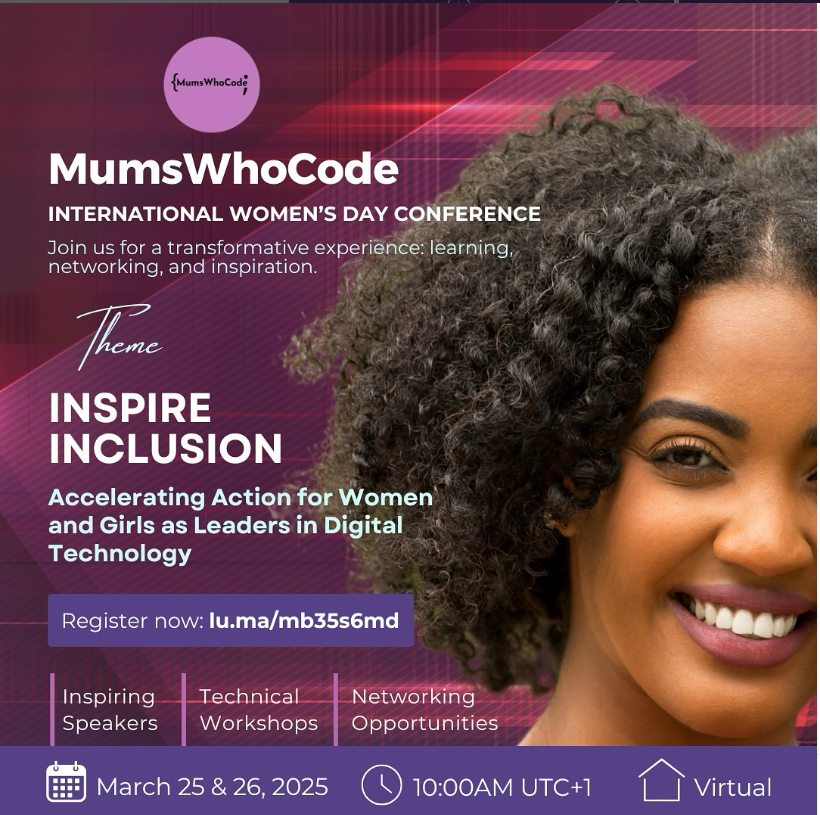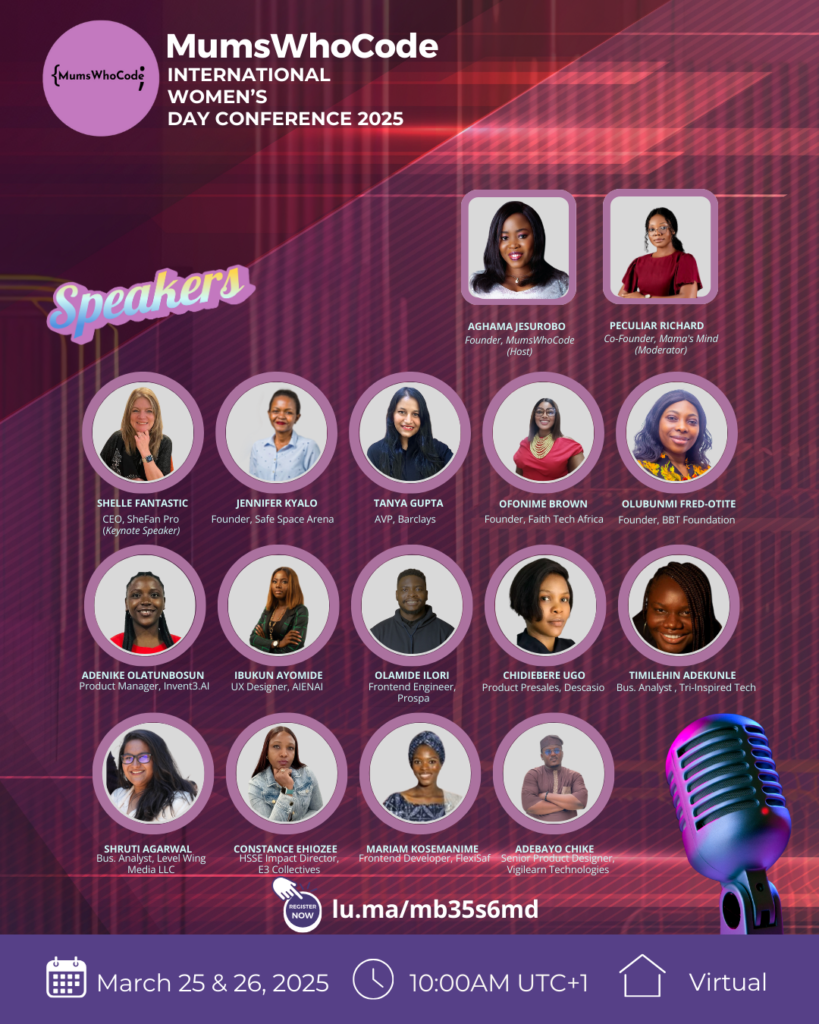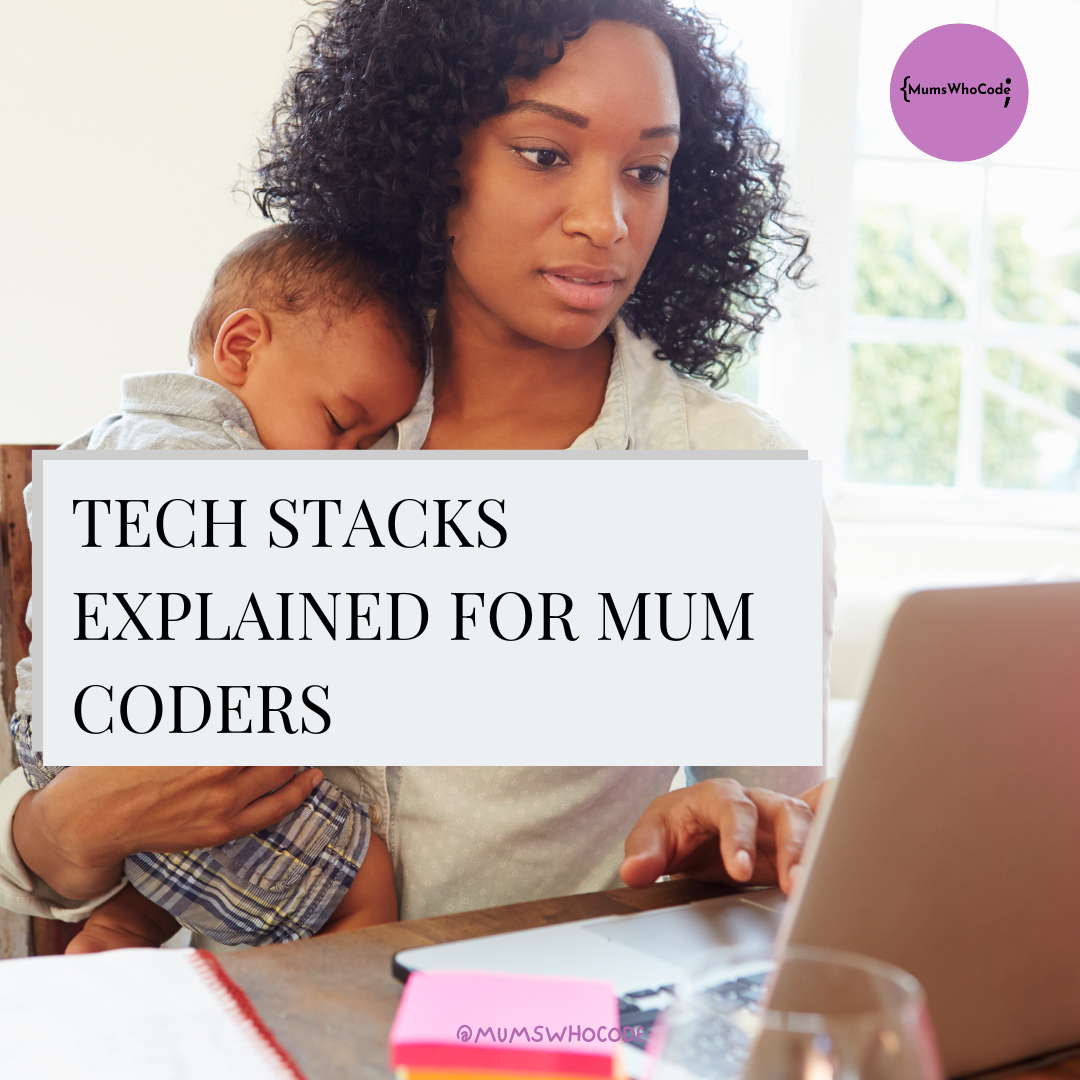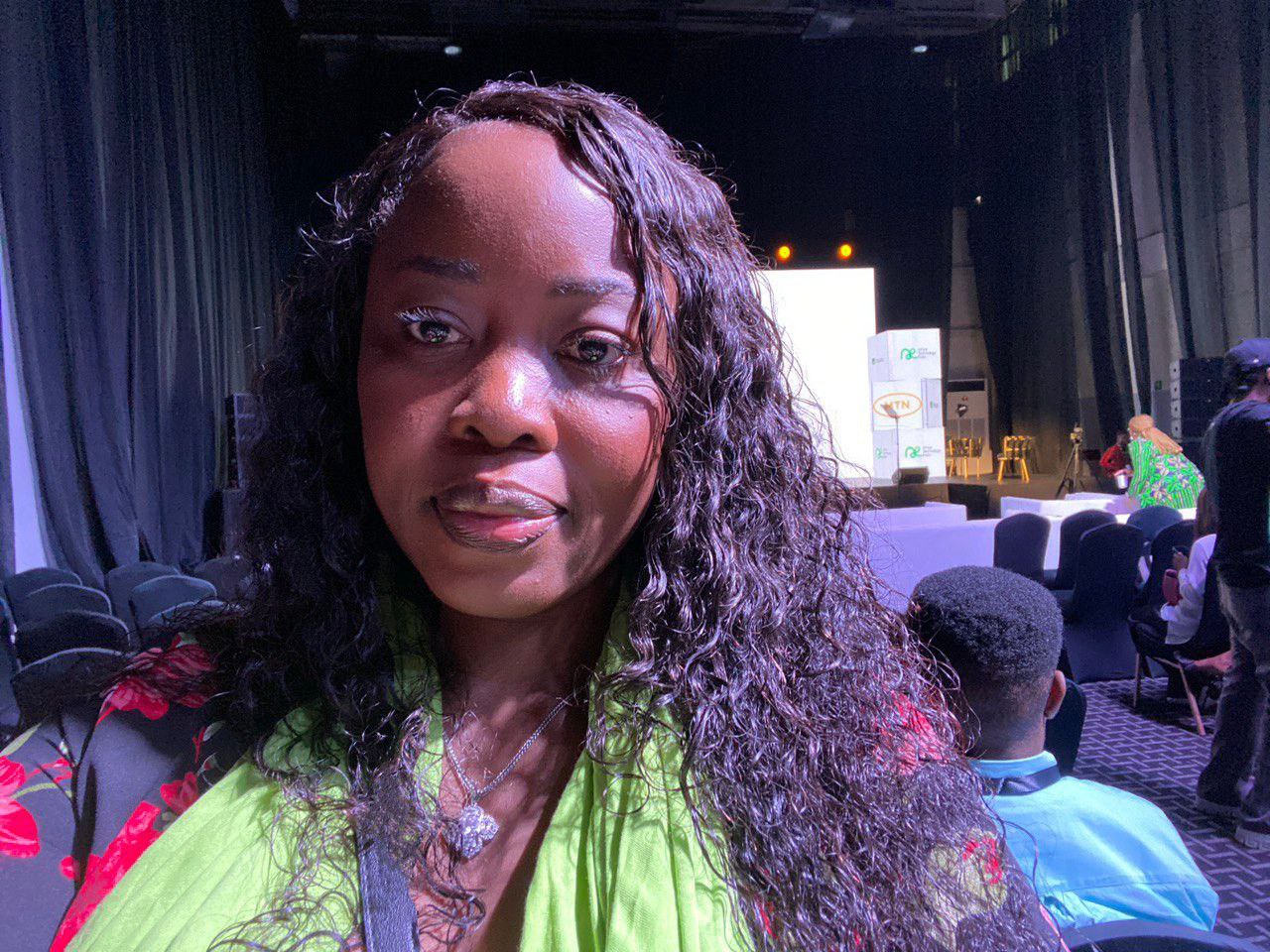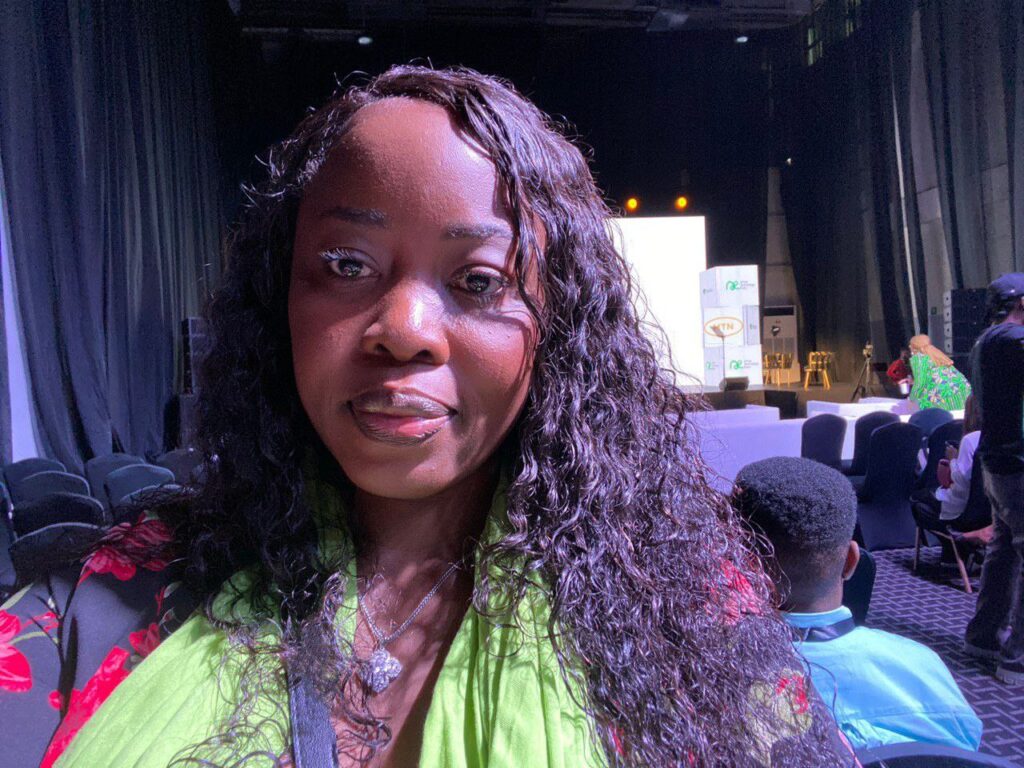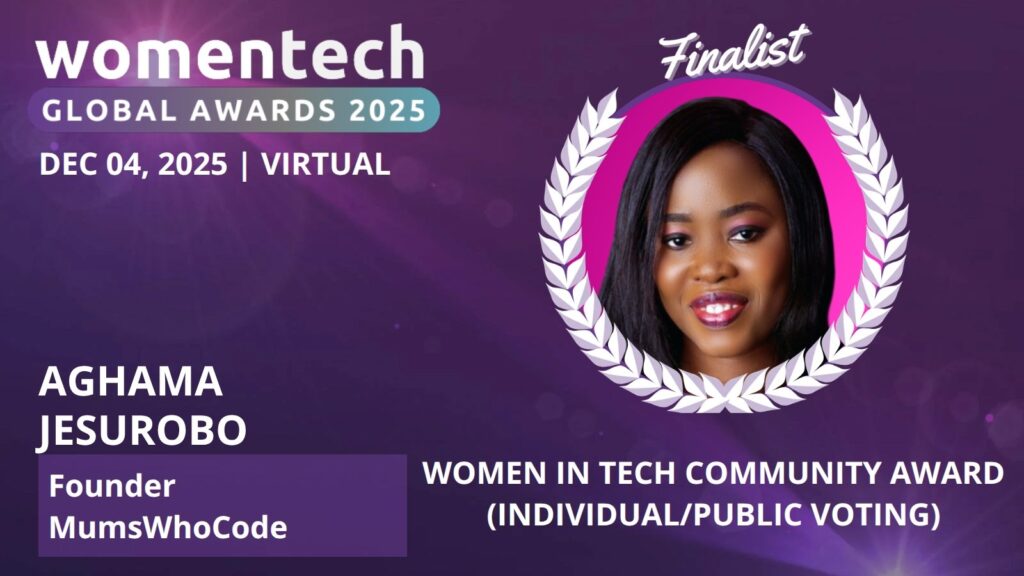
From architecting digital infrastructure for Nigerian higher education to leading global blockchain literacy for thousands and curating impactful events for women in tech, Aghama is recognized for 17 years of transformative impact.
Aghama Jesurobo, a technology leader and the Founder of MumsWhoCode, has been named a Finalist in the Women in Tech Community Award (Individual) category for the Women in Tech Global Awards 2025. This recognition highlights a nearly two-decade career dedicated to one core mission: democratizing access to the digital economy.
Aghama’s selection as a finalist acknowledges her unique dual impact as both a builder of critical technical infrastructure and a global community leader.
Architecting Education at Scale For 17 years at Bells University of Technology, Jesurobo did not just manage systems; she spearheaded the institution’s digital transformation. She architected and deployed the Learning Management Systems (LMS) and Microsoft 365 infrastructure that modernized the learning environment for thousands of students and faculty. Her work laid the digital foundation for the university, ensuring seamless access to academic services through custom-built web and non-web applications.
Democratizing the Future Economy (Web3 & Blockchain) Beyond traditional education, Jesurobo has emerged as a global leader in the decentralized economy. As the Community Engagement Lead for Unit Masters, she galvanized a global movement for blockchain literacy, managing a program that educated thousands of individuals on the fundamentals of the token economy
. Furthering this commitment to inclusive innovation, she serves as the Founding Steward of H.E.R. DAO Nigeria, creating safe, high-technical-growth spaces for women developers to enter the Web3 ecosystem.
Closing the Gender Career Gap Recognizing the systemic barriers mothers face in technology, Jesurobo founded MumsWhoCode
. This initiative is not merely a coding bootcamp; it is an economic empowerment engine designed to help women pivot into high-demand tech careers. Her leadership has already been recognized internationally, earning her the AnitaB.org Systers Award (2023) and a spot as a winner in the Swedish Institute PopUp Incubator program.
A Vision for Global Impact
“My work has always been about removing barriers. Whether it is a student accessing a portal, a mother returning to the workforce, or a novice learning blockchain, the goal is the same: inclusive innovation,” says Aghama Jesurobo. “To be named a finalist alongside 1,760 changemakers from 128 countries is a profound validation of our vision to ensure African women are not just consumers of technology, but active builders of the future.”
Call to Action The winners will be announced at the Women in Tech Global Awards Ceremony on December 4, 2025. Public voting helps determine the winner of the Community Award.
Vote for Aghama by sharing her profile: 🔗 https://www.womentech.net/nominee/Aghama/Jesurobo/147466
Aghama Jesurobo, a technology leader and the Founder of MumsWhoCode, has been named a Finalist in the Women in Tech Community Award (Individual) category for the Women in Tech Global Awards 2025.
This recognition highlights a nearly two-decade career dedicated to one core mission: democratizing access to the digital economy.
Aghama’s selection as a finalist acknowledges her unique dual impact as both a builder of critical technical infrastructure and a global community leader.
“To be named a finalist alongside 1,760 changemakers from 128 countries is a profound validation of our vision to ensure African women are not just consumers of technology, but active builders of the future.”
Architecting Education at Scale For 17 years at Bells University of Technology, Aghama did not just manage systems; she spearheaded the institution’s digital transformation; modernized the learning environment for thousands of students and faculty. Her contributions laid the digital foundation for the virtual teaching and learning at a time when the world was faced with battling the challenges caused by a global epidemic, ensuring seamless access to academic services.
Democratizing the Future Economy (Web3 & Blockchain) Beyond traditional education, Aghama has emerged as a global leader in the decentralized economy. As the Community Engagement Lead for Unit Masters, she galvanized a global movement for blockchain literacy, managing a program that educated thousands of individuals on the fundamentals of the token economy. Furthering this commitment to inclusive innovation, she served as the Founding Steward of H.E.R. DAO Nigeria, creating safe, high-technical-growth spaces for women developers to enter the Web3 ecosystem.
Closing the Gender Career Gap Recognizing the systemic barriers mothers face in technology, Aghama founded MumsWhoCode. This initiative is not merely a coding bootcamp; it is an economic empowerment engine designed to help women pivot into high-demand tech careers. Her leadership has already been recognized internationally, earning her the AnitaB.org Systers Award (2023) and a spot as a winner in the Swedish Institute PopUp Incubator program.
A Vision for Global Impact
“My work has always been about removing barriers and advancing access to knowledge in the digital economy. Whether it is a student accessing a portal, a mother returning to the workforce, or a novice learning blockchain, the goal is the same: inclusive innovation,” says Aghama Jesurobo.
The winners will be announced at the Women in Tech Global Awards Ceremony on December 4, 2025. Public voting helps determine the winner of the Community Award.
Vote for Aghama by sharing her profile: 🔗 https://www.womentech.net/nominee/Aghama/Jesurobo/147466

